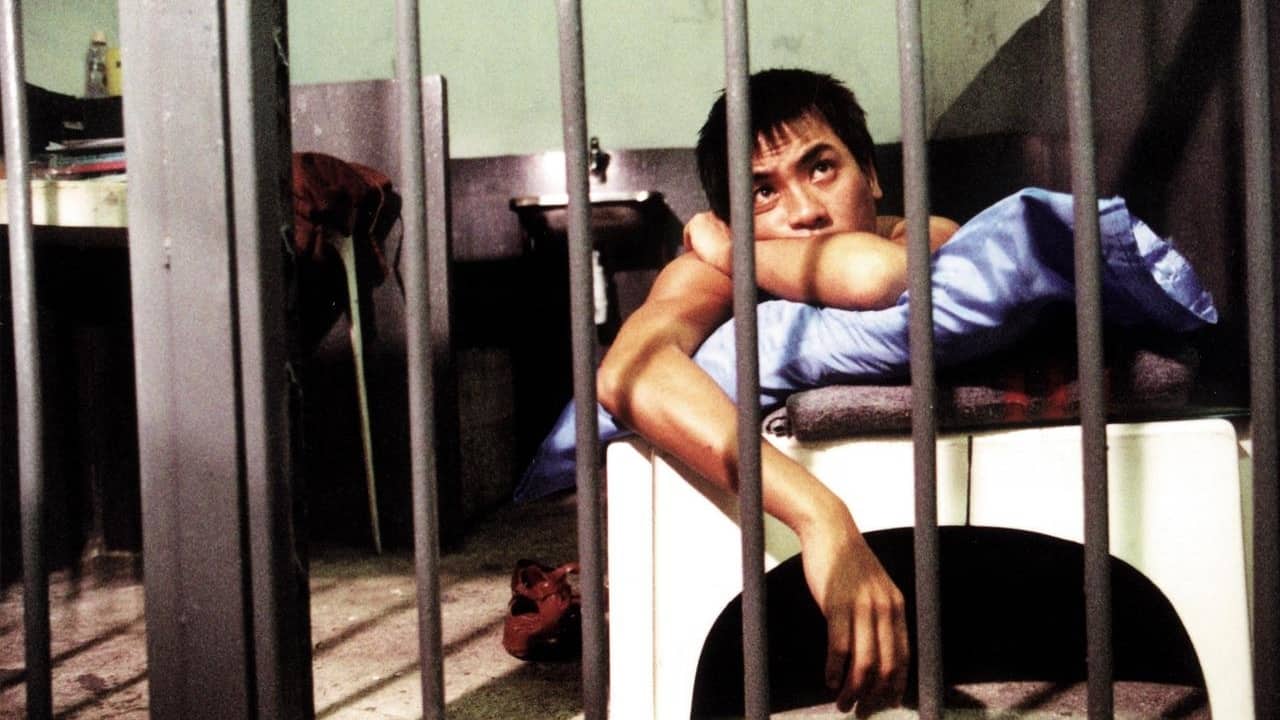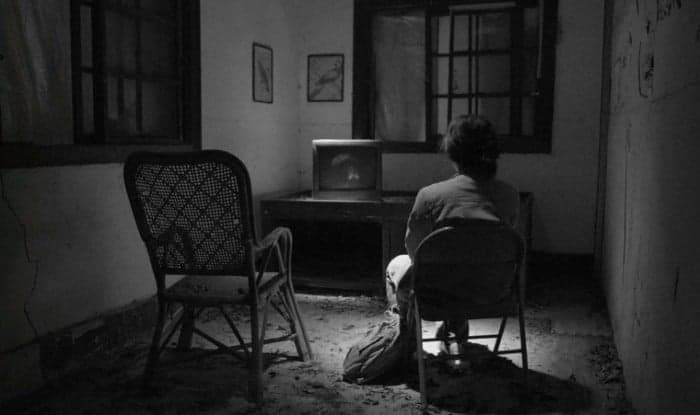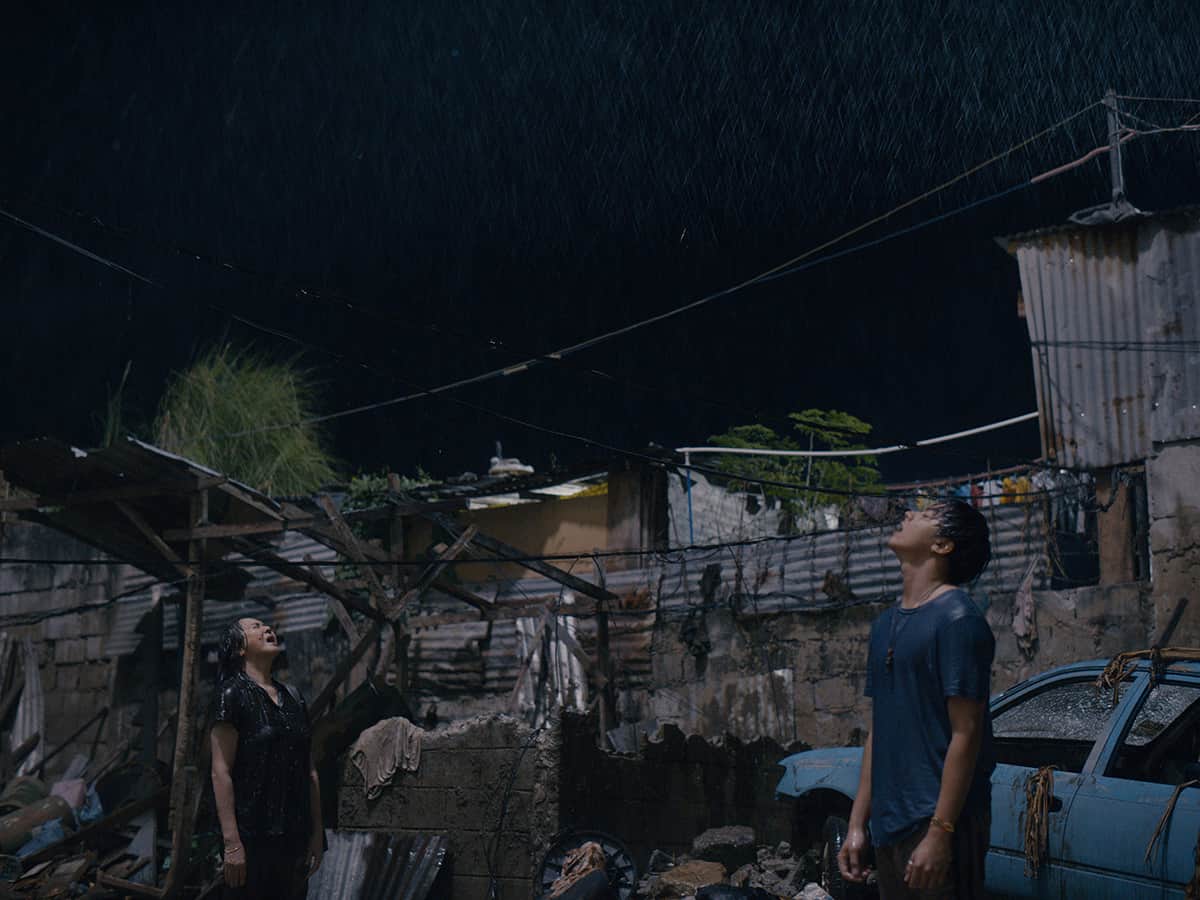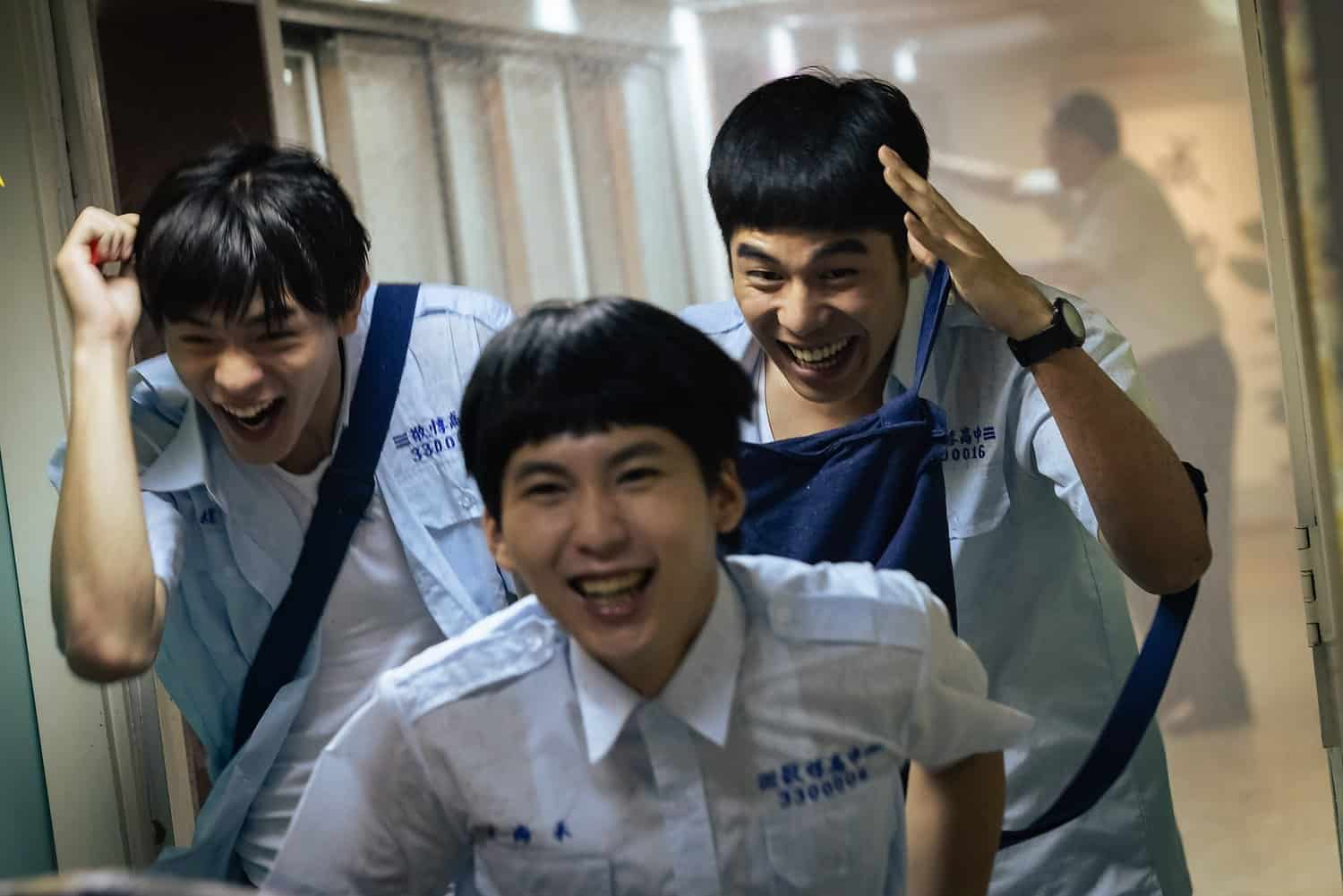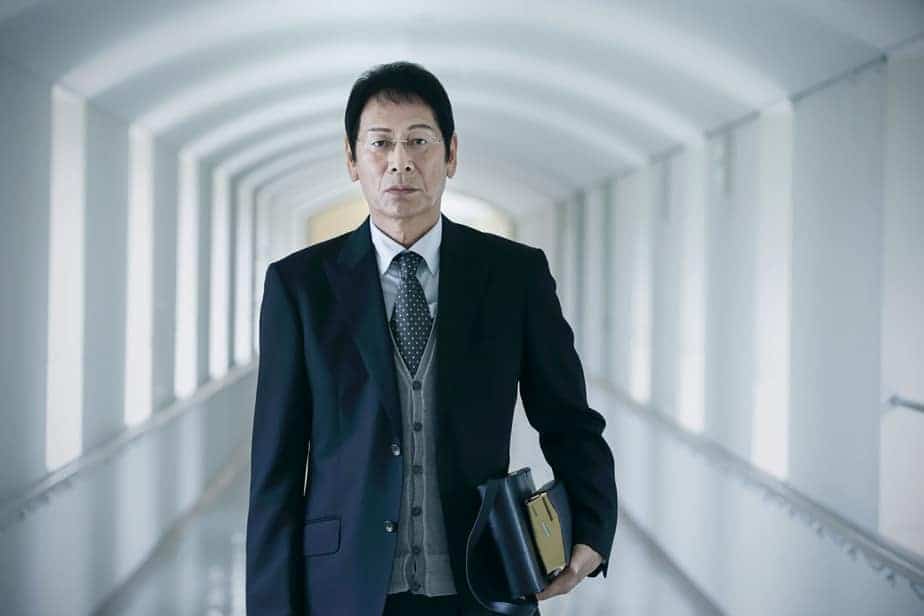Winner of best Southeast Asian Short Film at 31st Singapore International Film Festival 2020. “Tellurian Drama” is a docu-fiction that focuses on pseudo-anthropologist Drs Munarawan, and particularly his 1986 article “Reconfiguring the Earth: Radio Malabar as a Geo-engineering Imagination”, and Radio Malabar, a radio station the Dutch East Indies built in West Java in 1923, as an alternative to wire transmission, which was monopolized by the British.
Tellurian Drama is screening at International Film Festival Rotterdam
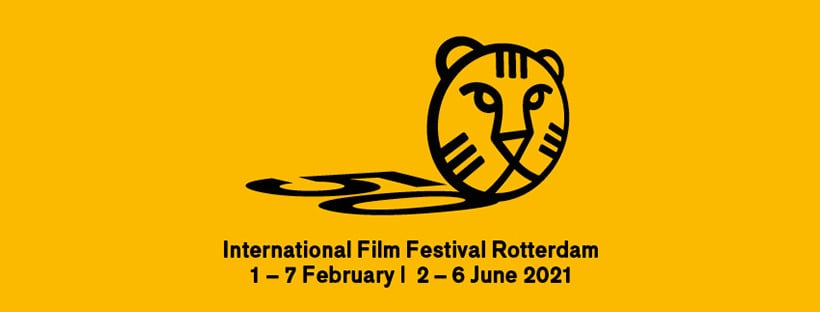
The deforestation of the area, which occurred through a controlled fire, takes central role in the narrative through footage video and photographs, and is juxtaposed with a 1987 project by the Suharto government, where the state-owned forestry company Perhutani started a revitalisation project in the area, making the mountain area a public camping ground, and the plans of the current local government to reactivate the station as a historical site and tourist attraction. That the deforestation of the area has occurred in three different time frames presents a rather pointy comment regarding human intervention with nature, while Riar Rizaldi also includes a sci-fi element regarding the possibility of radio waves intensifying the growth of the flora, through the writings of Drs Munarwan, which are presented both through on-screen text and narration.
As the historic footage is combined with point-of-view shots of a “tour” in the area and a number of panoramic shots that highlight the excellent job done in the cinematography, while presenting the forest in all its majestic form, a sense of mystery also begins to permeate the narrative, at an effort to show the sense of eeriness the area emits, both due to its current setting and its history. The scenes where the director is getting information on how to conduct his research, and a rather lengthy (and somewhat unnecessary, at least in that duration) performance of a man playing a traditional organ and singing in the forest completes the collage-like narrative of the movie
Rizaldi's comments about the way people have been “exploiting” and essentially ruining nature is presented quite eloquently, through an approach that seems to state that the attitude of humans in that matter has not changed that much through the years, as three different “kinds” of people (Dutch colonialists, Suharto regime, current local government) essentially implement the same practices, even if their goals are somewhat different. The sounds of wood burning during the part the film focuses on the controlled fire is an impressive approach to the whole concept.
The work done in the editing is top-notch, with the juxtaposition of the many audiovisual elements being the best aspect of the short, although the “performance” could be briefer, particularly in a film that just lasts for a bit more than 25 minutes.
“Tellurian Drama” is an excellent, somewhat experimental short that thrives on the atmosphere it creates and the presentation of a rather interesting piece of history and the various social, philosophical and cultural comments that derive from it



